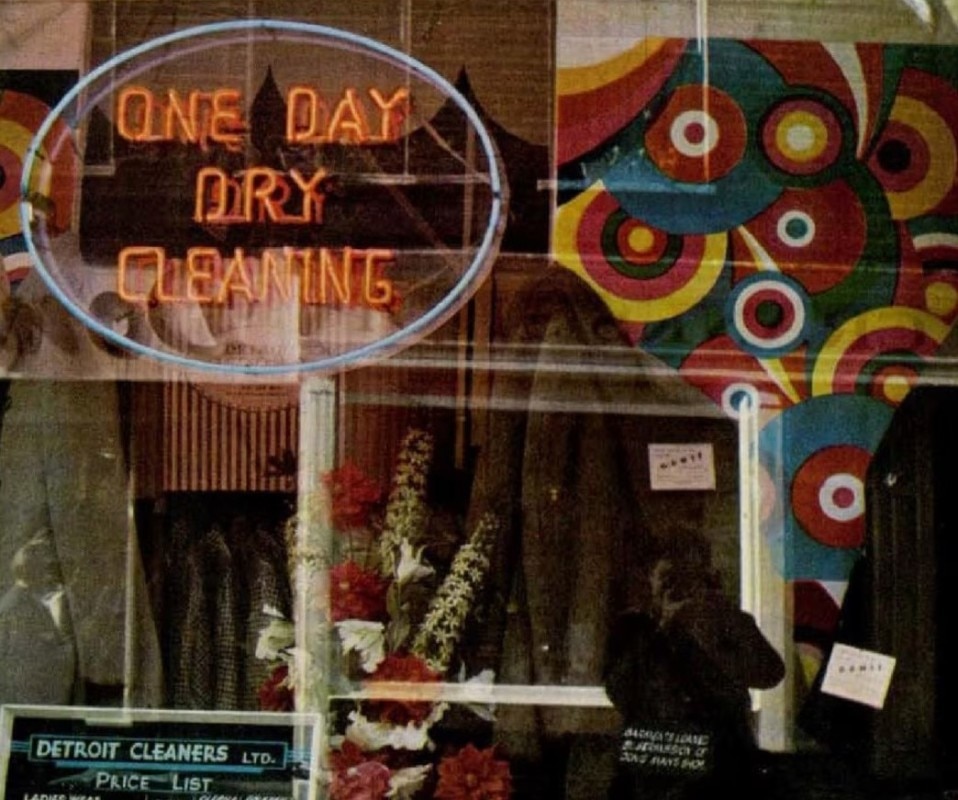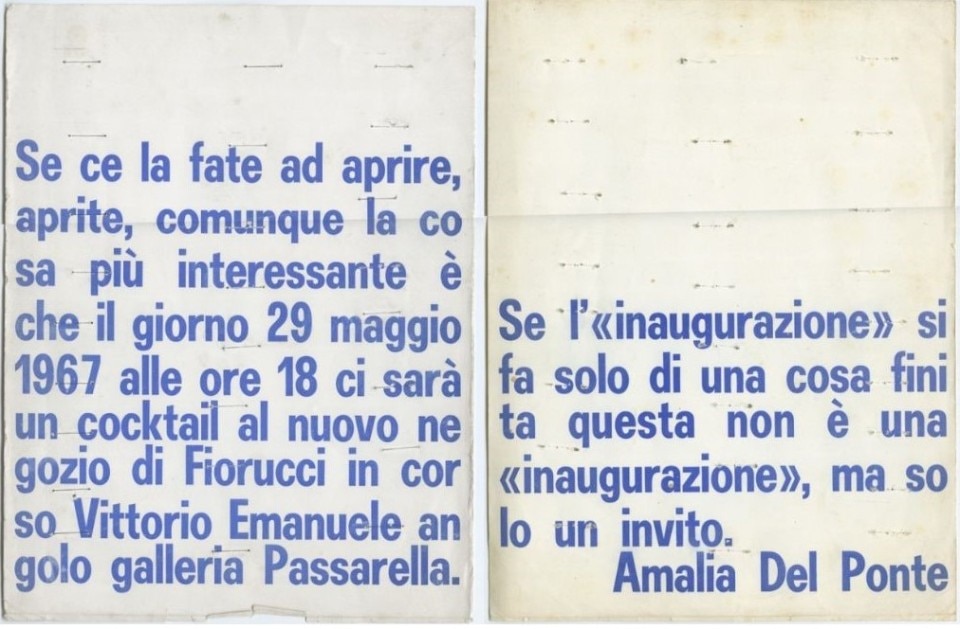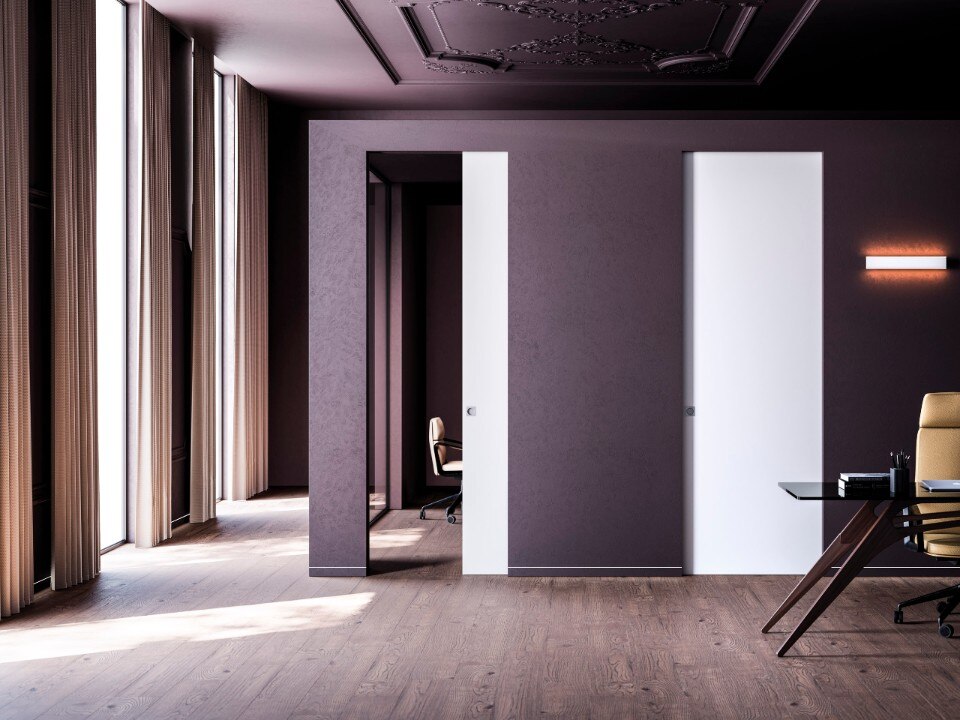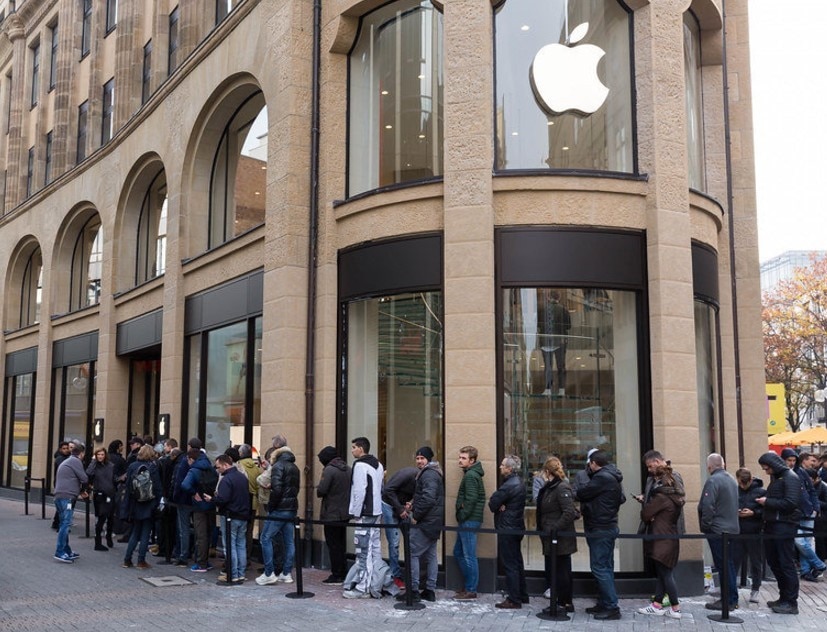Once upon a time, a store was a simple transaction: goods on shelves, cash in registers, and a thank-you on your way out. But the 20th century saw the rise of the concept store—a whole new species of retail that wasn’t content with just selling stuff. Think of Biba in London or Fiorucci in Milan. These places didn’t just hawk clothes or records; they curated an entire world, blending fashion, music, and art into one intoxicating mix. You didn’t go to shop; you went to see, to be seen, and to soak up a scene.
Today, that spirit of blending and bending persists, though the stakes have changed. With online shopping doing all the heavy lifting—price comparisons, convenience, and instant gratification—the physical store has been forced to evolve into something more abstract. It’s no longer a mere container for products but a stage for identity, culture, and lifestyle. You might walk into a store today and find no shelves, no checkout counter, and sometimes, no clear sense of what’s being sold. And that’s entirely the point. As retail scholar Paco Underhill notes, "The physical store is no longer just a place to buy things. It's a place to experience things."

Take Apple Stores, for example. Through Norman Foster’s design, they redefined tech retail by turning it into a minimalist experience—glass temples where every detail, from the lighting to the way you swipe your card, feels designed to make you forget you're spending money. Or Supreme, where the act of shopping itself became a kind of performance art, complete with long queues and limited-edition drops that are as much about status as they are about style.
The physical store is no longer just a place to buy things. It's a place to experience things.
Paco Underhill
Meanwhile, brands like Tesla and Lynk & Co have taken the car dealership—a genre known for its strip-mall blandness—and reinvented it as something cool, sleek, and experiential. These are stores where you don’t necessarily leave with a product but with a feeling, an aspiration, or at least a good Instagram post.

The irony is that the rise of online shopping, which was supposed to spell doom for physical retail, has actually pushed brick-and-mortar stores into a new golden age of creativity. Freed from the burden of pure utility, stores are leaning into their theatrical potential, becoming more like galleries, cafes, or even clubs. They sell the story, not just the stuff.
Here are 15 stores that have completely redefined what shopping means in the 21st century.

Eclisse: when invisibility art shakes up interior design
A leader in manufacturing pocket door frame systems, Eclisse redefines the concept of living space. Through solutions like Syntesis Line, the company transforms doors into continuous design elements.

























